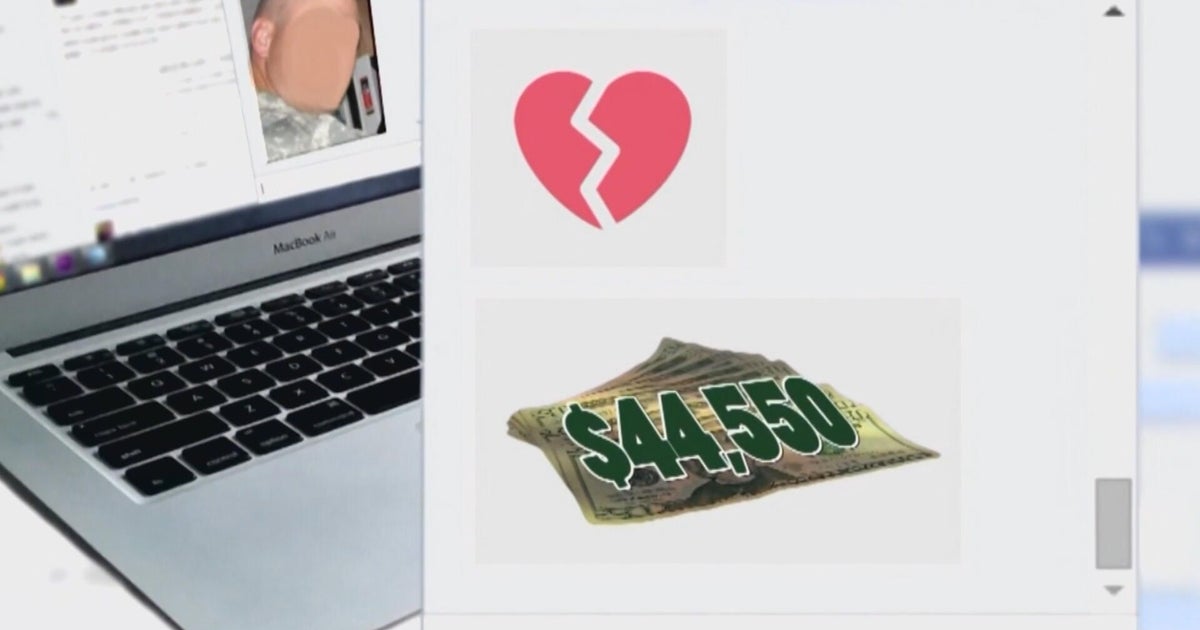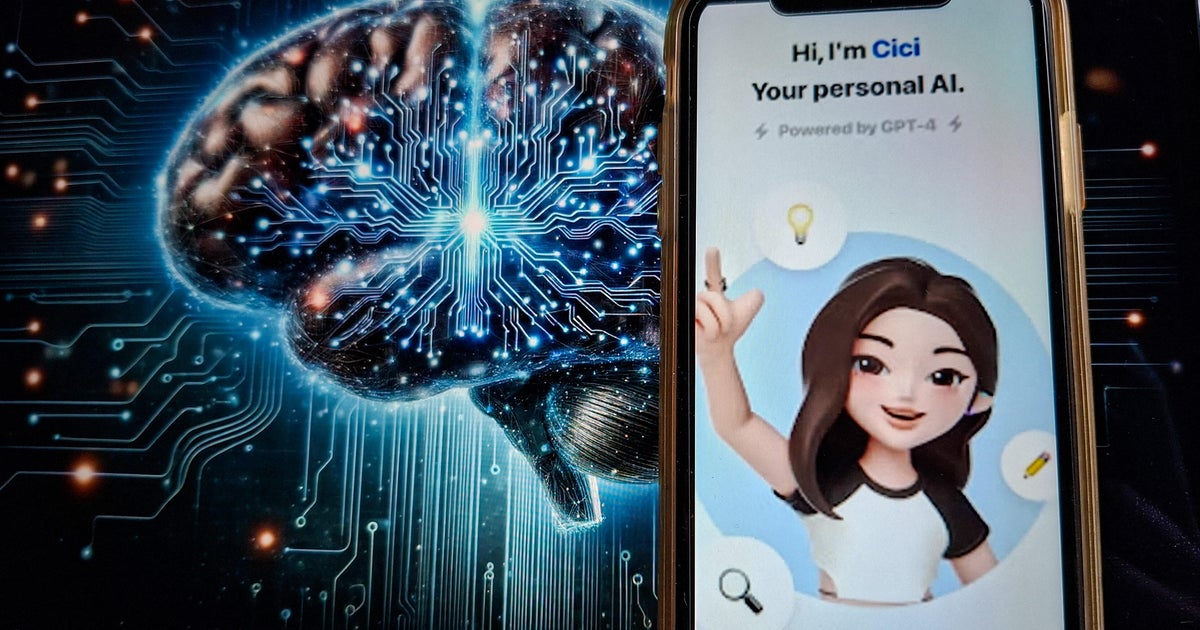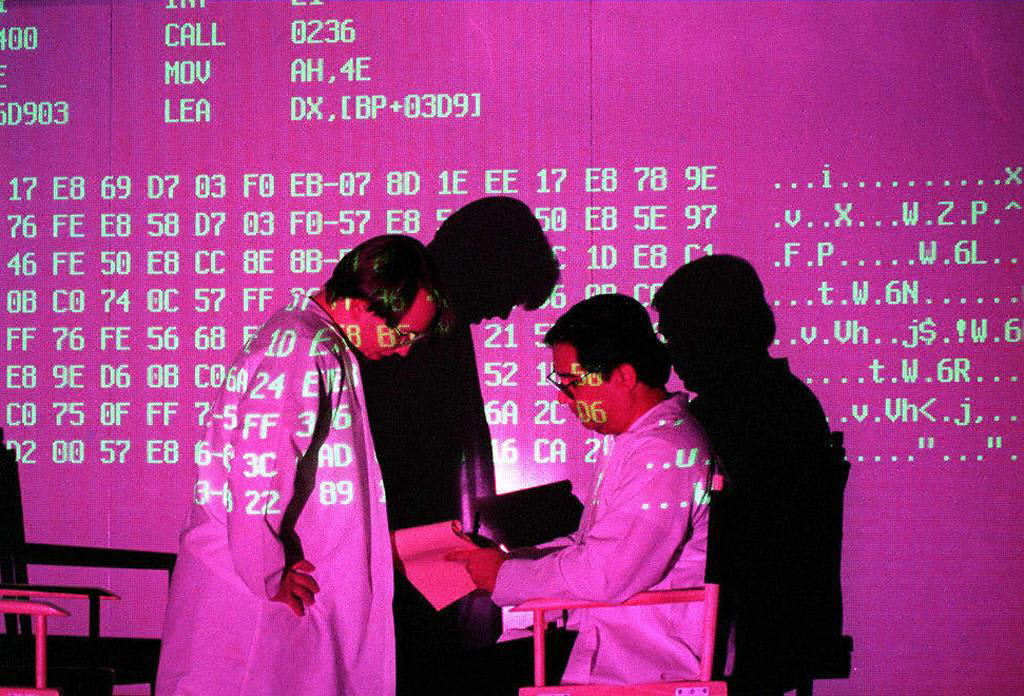Fake and graphic images of Taylor Swift started with AI challenge
The fake images of Taylor Swift that spread like wildfire on social media in late January likely began as a chatroom challenge to bypass filters meant to stop people from creating pornography with artificial intelligence, a new study finds.
The images of the pop star can be traced to a forum on 4chan, an online image bulletin board with a history of sharing conspiracy theories, hate speech and other controversial content, according to the report by Graphika, a firm that analyzes social networks.
4chan users who created the images of Swift did so as part of a "game" of sorts to see if they could craft lewd and sometimes violent visuals of famous women, from singers to politicians, Graphika said. The firm detected a message thread on 4chan that encouraged users to try to bypass guardrails established by AI-powered image generators tools including OpenAI's DALL-E, Microsoft Designer and Bing Image Creator.
"While viral pornographic pictures of Taylor Swift have brought mainstream attention to the issue of AI-generated non-consensual intimate images, she is far from the only victim," Cristina Lopez G., a senior analyst at Graphika said in a statement accompanying the report. "In the 4chan community where these images originated, she isn't even the most frequently targeted public figure. This shows that anyone can be targeted in this way, from global celebrities to school children."
OpenAI said the explicit images of Swift were not generated using ChatGPT or its application programming interface.
"We work to filter out the most explicit content when training the underlying DALL-E model, and apply additional safety guardrails for our products like ChatGPT — including denying requests that ask for a public figure by name or denying requests for explicit content," OpenAI stated.
Microsoft is continuing to investigate the images and has strengthened its "existing safety systems to further prevent our services from being misused to help generate images like them, according to a spokesperson.
4chan did not respond to a request for comment.
The phony images of Swift spread quickly to other platforms, drawing millions of views and prompting X (formerly known as Twitter) to block searches for the entertainer for a few days.
The mega star's devoted fanbase quickly launched a counteroffensive on the platform formerly known as Twitter, flooding the social media site with a #ProtectTaylorSwift hashtag amid more positive images of the pop star.
The Screen Actors Guild called the images of Swift "upsetting, harmful, and deeply concerning," adding that "the development and dissemination of fake images — especially those of a lewd nature — without someone's consent must be made illegal."
Phony porn made with software has been around for years, with scattered regulation leaving those impacted with little legal or other recourse to get the images taken down. But the advent of so-called generative AI tools has fueled the creation and spread of pornographic "deepfake" images, including of celebrities.
Artificial intelligence, is also being used to target celebrities in other ways. In January, an AI-generated video featuring Swift's likeness endorsing a fake Le Creuset cookware giveaway made the rounds online. Le Creuset issued an apology to those who may have been duped.



